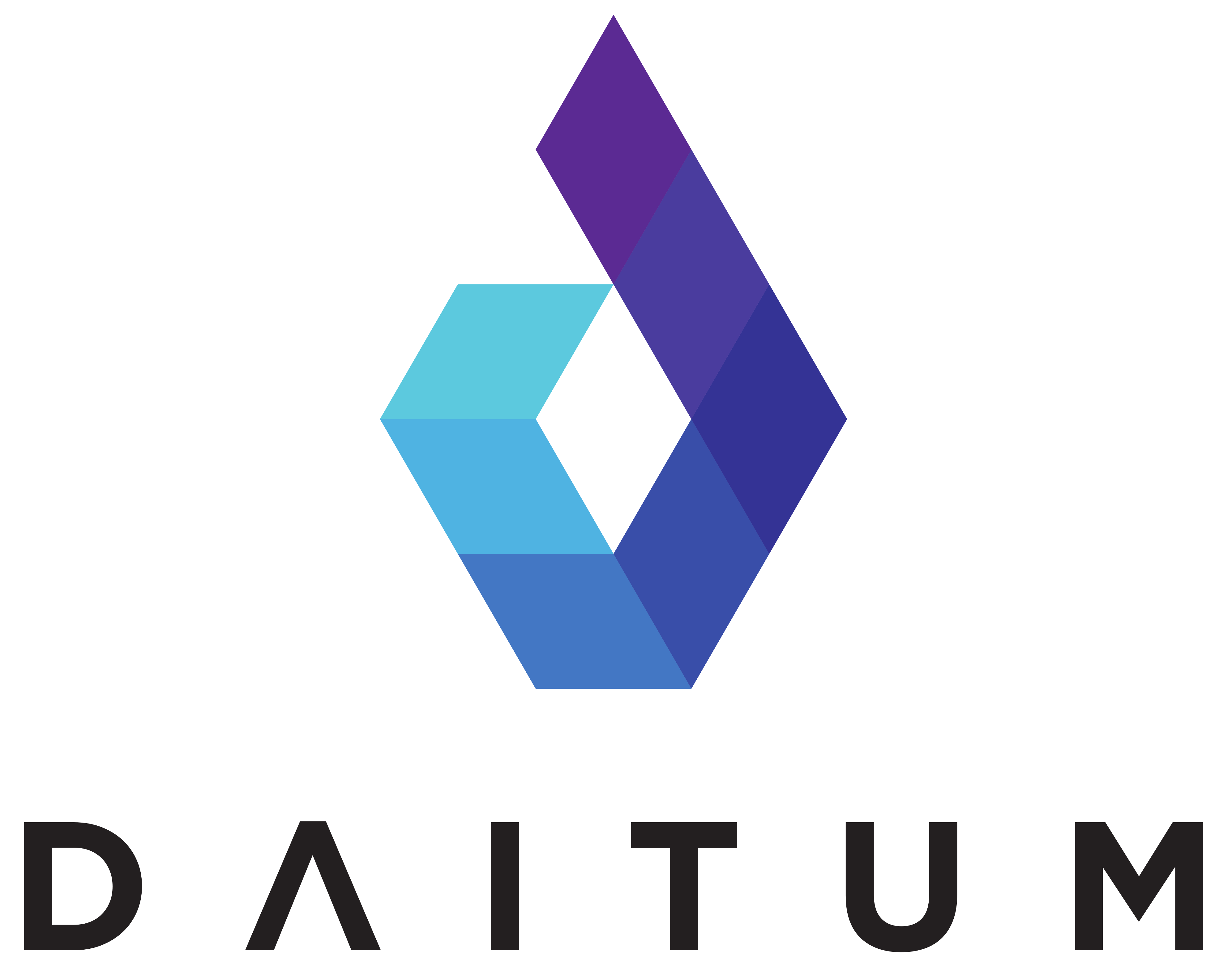Three reasons why optimising your roster makes sense in 2024
With the annual transition of kindergarten children moving up to primary school now complete, service leaders across Australia will be squarely focused on returning to the daily focus of educating and caring for children, building enrolments and managing team members.
Much like 2023, 2024 is likely to be another interesting year as the Early Childhood Education and Care (ECEC) sector awaits a set of important policy-related outcomes, prepares for a federal election next year, and manages day to day business needs.
Faced with uncertainty, ECEC sector leaders would be best served by going back to basics and ensuring that the organisations they manage are as healthy as possible.
With team members playing such a crucial role in a service’s performance, whilst accounting for as much as 65 percent of income in terms of cost, focusing on roster efficiency, by using systems like Daitum’s Rostering for Childcare, will be the smart way to go in 2024.
Here are three reasons why:
1. Demand may not be as strong in 2024, so being flexible on cost is key
The number of children attending a long day care service in the three months to September 2023 rose just 1.6 per cent compared to the same period last year according to the Department of Education’s Child Care Report, which reflected the first period of record post the implementation of new affordability measures.
The surprisingly low increase came despite a huge 26.1 per cent increase in Child Care Subsidy spending in the wake of the Cheaper Child Care Bill implemented in July 2023 leading to affordability improvements of as much as 13 per cent for many families.
Should the relatively underwhelming demand response be a sign of things to come in 2024, services will need to be extra vigilant about how they manage costs and optimising rosters, particularly through AI-supported solutions like Daitum’s Rostering for Childcare.
2. Wage negotiations are likely to be resolved with funded increases the outcome
The Fair Work Commission granted approval for employer and employee representatives to commence negotiations to increase educator wages in September 2023.
Fast forward to today and the discussions are well advanced, with the Federal Government expected to play a role in the funding of a step change in wages for educators in much the same way as they did for the Aged Care Sector in 2021.
The consequences of the change will have a substantial impact on how services are run and managed. The ability to pay educators more will more than likely increase applications for vacant roles and alleviate shortages. With teams likely to grow in size and complexity and having roster optimisation smarts on demand will become increasingly valuable.
3. Team members wellbeing still central to success
Staff wellbeing will always be a central tenet of successful early learning service management because without a happy and engaged team, the risks of unsettled children and families increases a lot.
Managing roster preferences is a big part of solving this, but historically the complexity of ensuring a fully optimised roster that also caters for team preferences has been just too much for service leaders to manage.
That’s where solutions like Daitum’s Rostering for Childcare come in because not only does the system ensure rosters are optimised for rostered hours, greater planned compliance and service leader time savings but also, and perhaps most importantly nowadays, meeting staff’s individual roster preferences.
2024 is likely to be another interesting, rewarding and exciting year for the early childhood education and care sector where sound roster management practices will really make the difference.
Trusting in Daitum’s Rostering for Childcare solution will certainly make the difference!
To learn more about how the Daitum team currently supports the ECEC sector to manage rostering quickly, easily and efficiently, contact Theo Noel on theo.noel@daitum.com, or click here for more information.
Click here to learn how leading childcare centres across Australia are using AI to optimise their rosters and drive growth and efficiency.
Read how Futuro is saving more than 10 hours a week on rostering, eliminating overstaffing and avoiding unnecessary wage expenses. Click here to access the Case Study
Read how Guardian Childcare is achieving 8% fewer hours rostered a week, having fully compliant rosters and saving up to 4-12 hr per week rostering. Click here to access the Case Study

